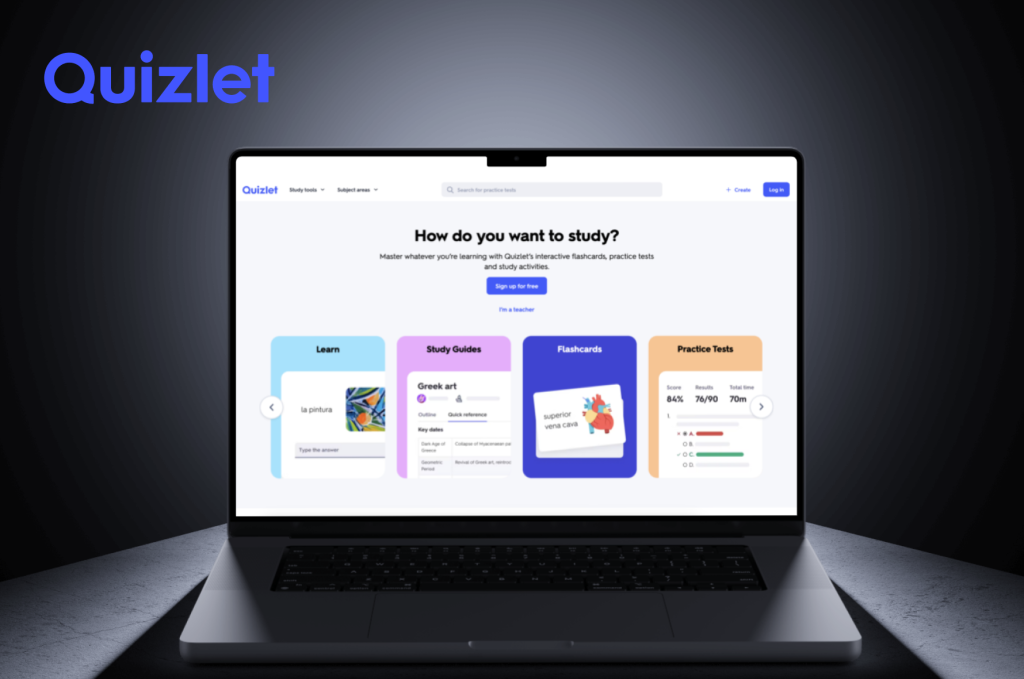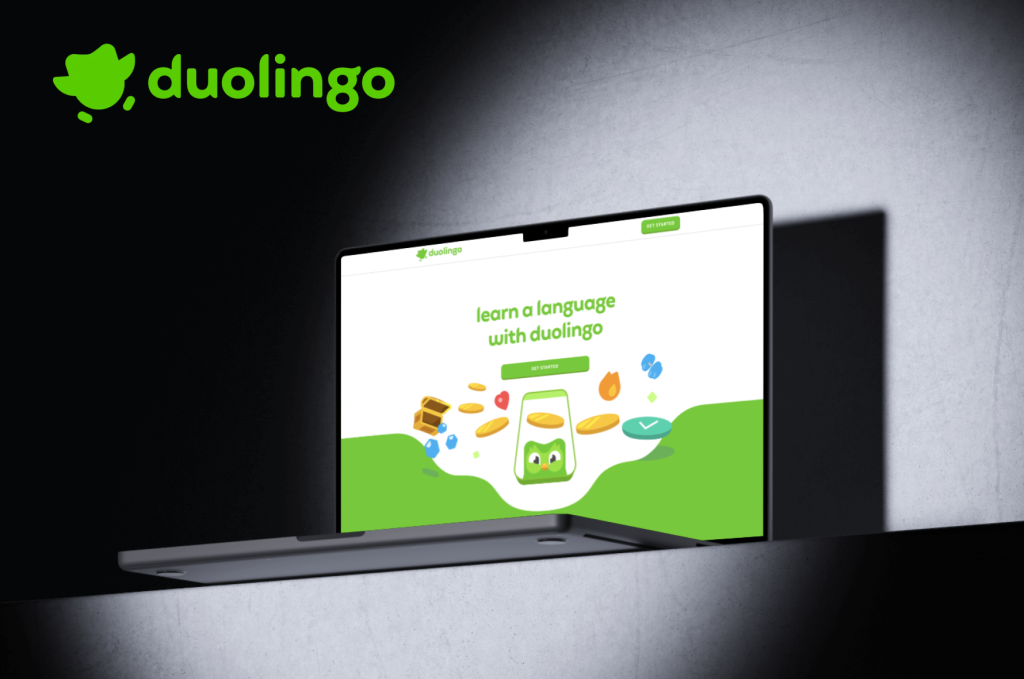The education industry faces growing demands as student numbers rise, learning needs diversify, and technology advances rapidly. Personalized learning is essential to meet these diverse needs, yet nearly 75% of institutions report struggling to offer individualized support due to limited resources.
Expanding capabilities to serve more students is also challenging. UNESCO estimates that demand for higher education will double by 2030, which pressures institutions to grow without sacrificing quality.
Engagement in digital learning should also be addressed. More than 60% of students feel less connected in online classes than in traditional ones, making it difficult to keep high motivation for learning.
Finally, accessibility gaps become an issue, as many students face barriers like limited access to technology or language differences that prevent equal access to quality education.
To address these challenges, advanced tools like Large Language Models (LLMs) and AI in education technology provide effective solutions, helping institutions deliver scalable, personalized, and accessible learning experiences. Let’s explore how LLMs and AI are transforming the education sector.
LLM applications in education
LLM edtech solutions are making education more adaptable and inclusive. Here are some key applications of LLMs that are transforming the education sector.
Personalized learning
Studies show that a personalized approach can improve student outcomes by up to 20% . LLM education tools are helping make this possible.
For example, Carnegie Learning uses AI-powered adaptive learning platforms to assess each student’s pace and skill level, tailoring exercises and feedback to fit individual needs. This type of adaptive learning AI improves student engagement and enables teachers to focus on high-impact teaching tasks by automating personalized practice recommendations.
Automated content generation
Producing a wide variety of educational assets across subjects is time-consuming. To address this, LLM content generation helps generate materials like quizzes, lesson plans, and study guides quickly and effectively.
A real-world example is Quizlet, which uses LLM automated content to generate flashcards and study resources for a broad array of topics.
This approach allows the platform to keep its materials extensive and updated, covering everything from language learning to advanced sciences with minimal manual effort.
Language translation and accessibility
As education becomes more global, breaking down language barriers is essential for equal access. AI-powered edtech tools enable real-time translation of learning materials, improving inclusivity.
Duolingo, for instance, utilizes LLM-based translation to create language learning content and translate materials across languages.
This approach allows students to study in their native tongue, improving comprehension and engagement. AI accessibility in education includes tools like text-to-speech and simplified language versions, helping students with different learning needs to access material on their terms.
Real-world examples of LLM-powered apps in education
More and more educational institutions and edtech platforms across the globe are leveraging LLM solutions to address challenges in learning. Here are a few standout examples of how LLM-based applications are making education more accessible, efficient, and engaging.
Century Tech
Personalized learning for K-12

By integrating LLM personalized education tools and adaptive AI, Century’s platform dynamically adjusts content based on student progress, allowing for individualized learning paths. Teachers gain insights that help them prioritize attention for students who need extra support. This AI-enhanced approach has led to a 30% increase in student engagement, especially in fundamental subjects like math and reading comprehension, showcasing the potential of adaptive learning AI to improve outcomes in primary and secondary education.
Squirrel AI
Adaptive learning and content personalization in China

As one of China’s largest adaptive learning platforms, Squirrel AI uses LLM content generation in education to serve over a million students with personalized educational resources. Through real-time analysis, the platform adapts exercises and quizzes to match each student’s pace and proficiency, creating a personalized learning AI experience that’s scalable. Squirrel AI empowers students across diverse regions to access high-quality learning resources, particularly benefiting remote communities where education options are limited.
Quizlet
Content generation for study resources

To meet the growing demand for diverse study tools, Quizlet has integrated LLM automated content to quickly generate flashcards, quizzes, and other interactive materials across various subjects. By analyzing user engagement data, Quizlet’s AI tailors content recommendations and adjusts difficulty levels to fit individual learning styles.
Duolingo
LLM-based translation and content generation

Duolingo’s language-learning app uses LLM-based content generation and AI language translation to deliver interactive, multilingual education that caters to a global user base. AI-driven approach has enabled Duolingo to expand its language offerings and enhance user satisfaction by making content more relevant and accessible.
New York City Department of Education (NYC DOE)
AI-Driven personalized learning with IBM Watson

In partnership with IBM Watson, the NYC Department of Education implemented LLM-powered personalized education tools to provide adaptive learning experiences for over a million students. The system continuously assesses student progress, adjusting lesson content and offering targeted resources based on individual needs. Teachers receive real-time insights, enabling them to focus on students who require extra support. As a result, NYC DOE has reported increased student engagement and academic improvement, notably among students who previously struggled with standard instruction methods.
Challenges and limitations of LLMs in Edtech
While LLM applications in education offer significant benefits, there are also some serious challenges that come with their use.
- Bias in LLMs
LLMs in education learn from large datasets that may contain biased information, potentially reinforcing stereotypes. In edtech applications, this bias can lead to LLM-generated content or assessments that lack diverse perspectives, impacting equity and leaving certain student groups underserved. - Educational limitations
While personalized learning AI offers tailored support, it lacks the human touch. This limitation means that LLM education tools may not fully meet the unique needs of diverse learners, reducing inclusivity in online education. - Role of teachers
AI technology in education enhances efficiency, but LLM solutions lack the subjective judgment necessary for fair evaluation, potentially impacting the quality of student assessments. - Risks of over-reliance
Excessive reliance on LLMs in online education can discourage critical thinking. While AI tools for personalized learning can help students with assignments, they may also lead to passive learning, undermining the depth of knowledge. - Risk of misinformation
One challenge with LLM content generation is the risk of “hallucinations,” where models produce misleading or inaccurate information. In education, these inaccuracies can be really harmful in subjects like science and history, potentially misinforming students on critical topics. Research shows that approximately 21% of LLM-enhanced educational materials may contain factual errors. - Data privacy risk
The development of AI technology in education requires significant amounts of student data, raising concerns about privacy and security. Without robust data protection measures, AI accessibility could expose personal information, including learning habits and academic performance, to unauthorized access or misuse. To protect students, implementing privacy-preserving measures, including strict adherence to regulations like GDPR and COPPA, are essential for edtech.
Best practices for safe and effective LLM use in education
While there are challenges to implementing LLMs in education, strategic approaches can help mitigate these issues and create an environment for more effective and ethical use of AI edtech solutions.
- Incorporating diverse training data
To tackle bias and ensure inclusivity, developers should train LLMs on a diverse range of datasets that represent multiple perspectives, cultural backgrounds, and learning needs. This diversity helps personalized LLM education tools better serve a wide array of students, ensuring that recommendations and outputs are balanced and culturally aware.
- Regular auditing and performance evaluation
Systematic auditing is essential for maintaining LLM accuracy, especially as these models continue to evolve. Routine evaluations help LLM edtech applications refine their responses, align with the latest educational standards, and minimize biases that might surface over time. Through continuous monitoring, educators and developers can identify areas for improvement, ensuring that AI enhancements in education consistently meet quality and ethical standards.
- Secure data handling
Given the privacy concerns associated with LLM applications in education, implementing strong data protection protocols is essential. Data minimization is a key strategy: only the necessary student data should be used, with strict limitations on sensitive information. Adopting secure, compliant storage and encryption techniques further ensures that student data remains confidential.
- Educator training on AI Tools
Empowering teachers with knowledge on how to use and manage AI tools can significantly enhance the integration of LLMs in education. This can help them better guide students in ethical AI usage and set appropriate expectations for its capabilities and limitations.
- Adopting a balanced approach
Edtech and LLM applications should be seen as supplemental aids that improve the learning process but do not replace it. By adopting a balanced approach, educators can use AI to fill gaps without compromising the human aspects of teaching that foster critical thinking in their students.
Benefits of LLM in EdTech

Integrating LLM in education is transforming how students learn and how educators teach, offering numerous benefits.
Enhanced personalization
LLM personalized education tools enable teachers to deliver highly tailored learning experiences. By analyzing individual student performance data and learning preferences, LLMs create custom content that adjusts in difficulty, style, and pace, offering an individualized experience similar to one-on-one tutoring. For instance, AI tools for personalized learning can recommend additional resources, practice exercises, or advanced content, keeping each learner engaged and challenged at their level.
This approach has shown to improve learning outcomes, with studies reporting that tailored learning paths increase student comprehension and retention by up to 30%.
Scalability of educational resources
LLM content generation education enables institutions to generate materials across subjects in real time. By leveraging AI for education scalability, schools and online platforms can expand course offerings, ensuring that high-quality educational materials are available to more students at a lower cost.
Increased engagement and retention
Engagement is a critical factor in educational success, and LLM edtech applications help by creating dynamic, interactive content that resonates with students. With adaptive feedback, quizzes, and interactive learning modules, LLMs enhance engagement by responding to student input and adjusting content accordingly. Platforms implementing edtech innovations with LLM have reported up to a 25% increase in student engagement, contributing to improved retention rates and higher satisfaction among learners.
Improved accessibility
AI accessibility in education is making learning more inclusive by breaking down language and accessibility barriers. AI language translation enables students from different linguistic backgrounds to access any educational content in their native language. As a result, LLMs in online education make it possible for institutions to reach underserved communities and non-native speakers, offering equal learning opportunities for all students.
Cost efficiency
AI-driven edtech solutions lower the costs of education by automating routine tasks and streamlining content creation. LLM automated content eliminates the need for expensive, labor-intensive manual content generation processes, reducing overhead. Also AI-driven content generation can update materials automatically as curricula evolve, saving the recurring costs.
Upcoming trends for LLMs in EdTech

Conversational AI and virtual tutors
Advanced conversational AI will offer students instant feedback and tailored guidance through AI-driven virtual tutors, creating an experience closer to personalized tutoring.
Integration with AR/VR for Immersive Learning
Combining LLMs in education with AR/VR tech will create immersive experiences, especially in fields like STEM. For instance, students may use VR to explore 3D models of cells or historical sites, enhancing comprehension in a hands-on, interactive way.
Real-time Translation for global classrooms
AI will enable real-time translation of lectures, course materials, and student interactions. This will allow learners from different linguistic backgrounds to access the same educational content and collaborate easily.
Conclusion
The integration of LLMs in education is reshaping how students learn and how educators teach, bringing unprecedented levels of personalization, accessibility, and engagement to classrooms and online platforms. From adaptive learning curves and automated content creation to enhanced language support, LLM edtech solutions address many of today’s educational challenges and unlock new opportunities for transformative learning experiences.
Implementing these advanced technologies requires both technical knowledge and a deep understanding of the education industry. With our extensive experience in AI development and a team of certified Azure developers, we are equipped to help educational organizations harness the full potential of AI.
Partner with us to create customized, scalable AI solutions that elevate educational outcomes and keep you at the forefront of innovation.
